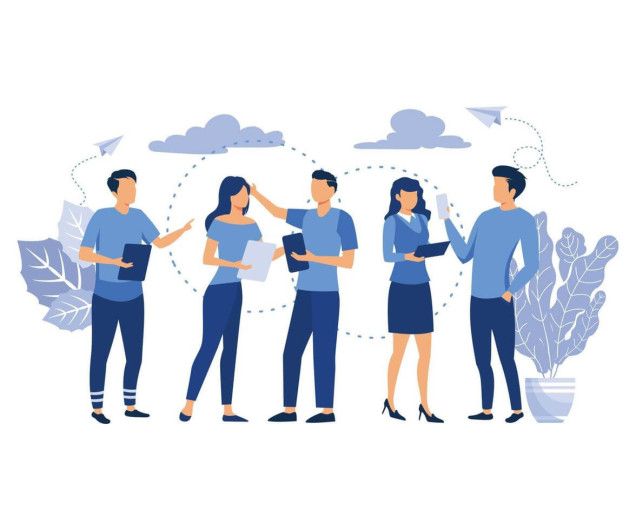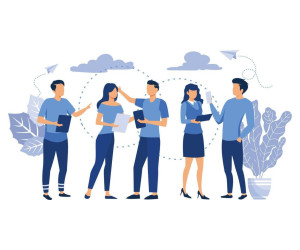What you will learn?
Assess their current interpersonal skillset and identify areas for improvement
Communicate clearly and empathetically in various professional settings
Apply emotional intelligence to navigate workplace relationships
Resolve conflicts and negotiate effectively
Build and maintain trust in teams and across organizational levels
Influence and persuade others with integrity
Adapt communication styles to digital, remote, and culturally diverse environments
Create a personal development plan for ongoing interpersonal skill growth
Target Audience
Mid-level professionals seeking to strengthen workplace relationships
New managers looking to improve collaboration and communication
Employees in client-facing or cross-functional roles
Anyone aiming to enhance their interpersonal effectiveness in the workplace
About this course
This 12-lesson program blends foundational theories with practical tools to help learners assess and improve their interpersonal competencies. Starting with a self-assessment and course orientation, the curriculum covers critical aspects such as verbal and non-verbal communication, emotional intelligence, conflict resolution, teamwork, and digital communication. Special emphasis is placed on understanding and adapting to different communication styles, building trust, navigating workplace dynamics, and developing advanced listening techniques.
Participants will engage in interactive exercises, real-world case studies, and reflective activities aimed at building empathy, enhancing influence, and fostering a culture of collaboration. Lessons on managing up and across, crisis communication, and virtual relationship-building are especially relevant in today’s hybrid and remote workplaces.
By the end of the course, learners will have a personalized implementation plan and the skills necessary to sustain long-term interpersonal growth. Whether you're an emerging professional or an experienced leader, this course provides the tools to elevate your interpersonal effectiveness and drive meaningful business outcomes.
Requirements
No formal prerequisites required
Basic understanding of professional communication is recommended
Related Courses








